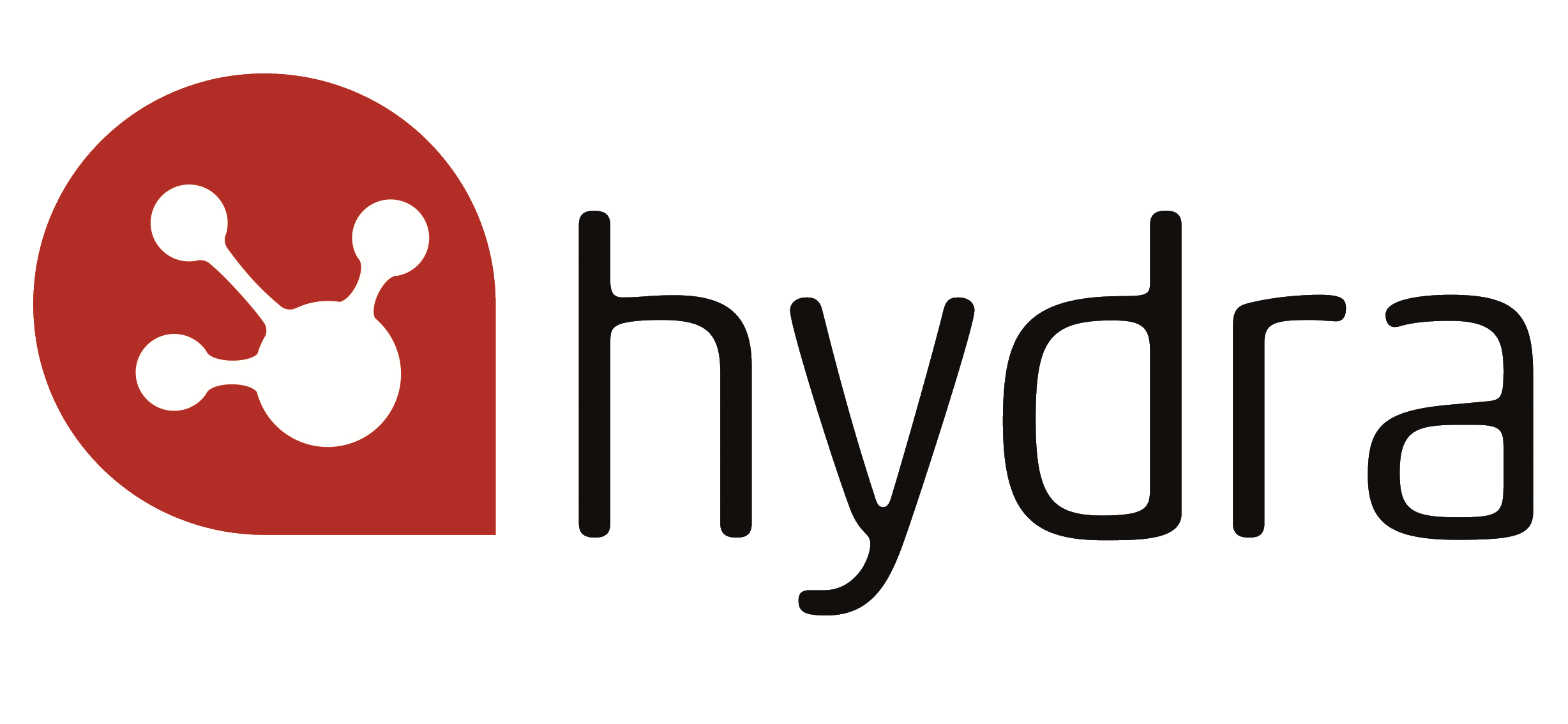Achieving project excellence through continual process optimisation; how making incremental improvements it is possible to achieve excellence over the long-term.
Processes are the foundation of every successful project, and they impact a business’s performance across a number of critical areas and metrics. For example, professional service companies might try to eliminate non-value-added work, or improve the efficiency of their resources, but optimising these processes is not always easy.
To ensure the profitability and long-term success of a professional services provider, it is essential the company can consistently achieve project excellence. The learning curve when delivering professional services is huge, but by making incremental improvements it is possible to achieve excellence over the long-term.
The key to achieving continual process optimisation is to be aware of what’s going on, where there could be bottlenecks, and remaining open to the different ways to fix them. To achieve continual process optimisation, you cannot be comfortable with the status quo or accepting below par results. Instead, you must actively seek change to build your processes into something you can be proud of.
Here are seven top tips, courtesy of Hydra, to help you achieve this goal.
1. Actively seek feedback
You’ll almost always see the result of flawed processes, but as the project manager, you’ll not always be able to identify the root cause. By actively seeking feedback from your team on an ongoing basis, you’ll be able to learn why problems are being caused, and receive suggestions about how things could be improved.
2. Keep sharing
In projects involving outsourced providers, remote teams and work spread across multiple departments, it is not always easy to keep a close eye on your processes. Keeping everyone pointed in the same direction in such instances can be tricky, which is why you need to go out of your way to stay in touch with everyone involved and understand what they are doing. Professional services automation software can play an important part in encouraging collaboration and creating a collective expectation.
3. Write it down
Small businesses are typically less interested in documenting what they’re doing and instead tend to learn by doing. Simply taking the time to jot down a few notes as you go through the process can help you stay focused on the end goal and identify areas where improvements can be made.
4. Don't always blame the tool
If there are flaws in your processes, don’t automatically blame the tools you are using. The temptation can be to rush to change the tool, but it’s more likely to be the way the tool is being used, rather than the tool itself, that’s the cause of the problem.
5. Be aware of changing needs
Even if your processes are effective now, you need to be aware that your needs will change over time, and what works now will not necessarily still work in the future. Keeping a list of your requirements can help you identify when changes to tools and resources need to be made.
6. Measure your results
When making an improvement to a process, define the goal you’re trying to achieve and measure the results of the new or changed process quantitatively and qualitatively. Changes should be made in small steps, rather than giant leaps, so don’t be discouraged by gradual improvements.
7. Streamline your applications
Most small business have a number of different applications for email, chat, document management, posting updates, tracking time, calendaring and customer communication. Adopting a single professional services automation software package allows you to manage all these different elements on a single platform, giving you complete project visibility at all times and helping to identify where process improvements can be made.
How can Hydra help?
Hydra’s software allows you to optimise your project planning, manage your projects in real-time and access all the information you need from one single space. For more information watch our free demo to see how Hydra can lead the way to continual process optimisation in your business.


